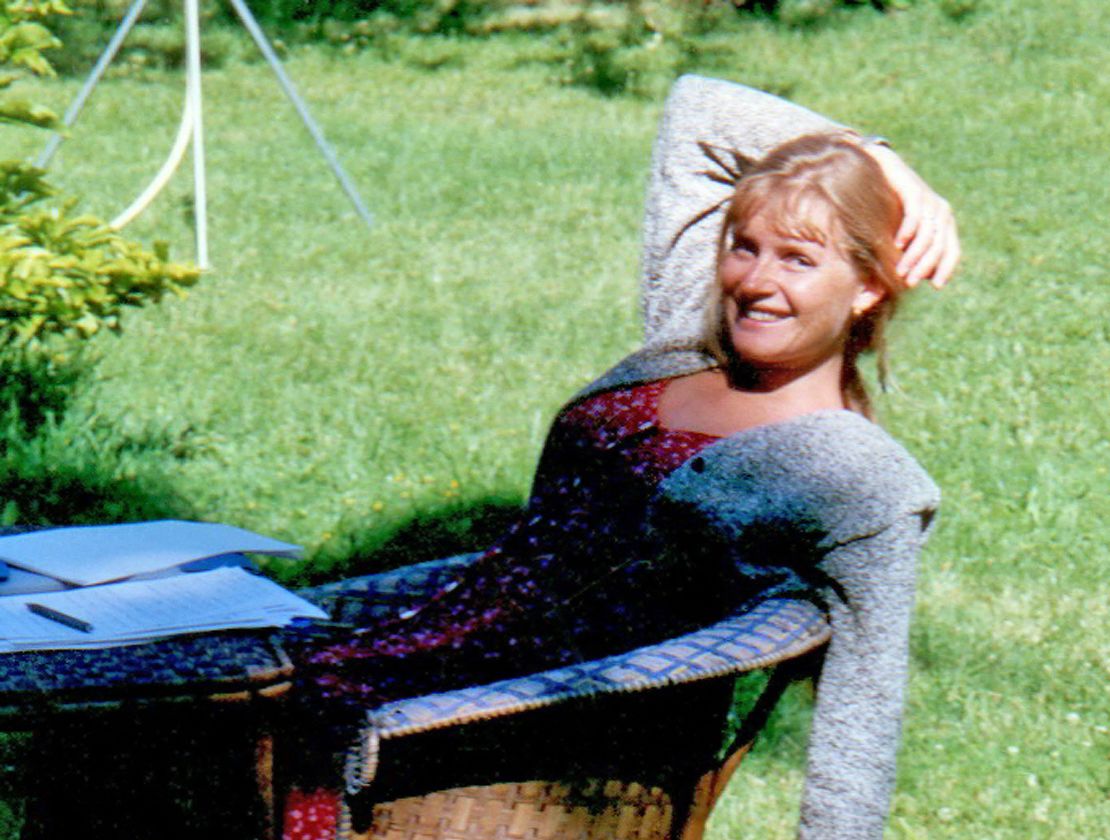A British man long suspected of killing the wife of a famous French film producer in Ireland has died at age 66, according to his lawyer.
Back in 2019, the Paris Criminal Court convicted Ian Bailey in absentia of the murder of TV producer Sophie Toscan du Plantier and sentenced him to 25 years’ imprisonment.
Bailey, a former journalist, had denied involvement in the murder, which has been the subject of a popular podcast series and two TV documentaries, including one on Netflix.

On December 23, 1996, 39-year-old Toscan du Plantier was found bludgeoned to death near the gate of her vacation home near Toormore, in Ireland’s West Cork region. Police found some 50 wounds on her body.
The case was widely publicized as the victim had been married to Daniel Toscan du Plantier, a well-known French film producer.
Days after the murder, local police began questioning Bailey, who lived nearby and had been tasked with reporting on the killing for a national paper. He was arrested twice: first in February 1997 and then in January 1998.
No forensic evidence linked Bailey to the scene of the crime, and he was released without charge. He spent years denying any involvement in the murder.
News of Bailey’s death emerged on Sunday, when his lawyer made a statement to the PA Media news agency.
Frank Buttimer, who had known Bailey since March 1997, said his client had a severe heart condition.
He told PA: “I knew Ian was very unwell, we were in communication in the past five days, but I didn’t know he was terminally unwell.
“He had a very severe heart condition, a very bad heart condition, and had cardiac events prior to Christmas.
“He was a candidate for surgical intervention but wasn’t well enough, so he was trying to become well enough.”
No one else has ever been charged over Toscan du Plantier’s death and her family had long pushed for Bailey to be brought to trial in France.
Under French law, authorities can investigate crimes against French citizens committed outside of its borders, although they cannot insist that witnesses travel for questioning.
Toscan du Plantier’s family responded to the news of Bailey’s death in a statement sent to CNN.
A press release from the group known as The Association for the Truth About the Murder of Sophie Toscan du Plantier said Bailey’s death means they “will never be able to obtain a confession.”
It said that, over the years, “Bailey refused to answer the questions of French investigators, entangling himself in lies and contradictions. Provoking and taunting the police, the judiciary, and the media, Ian Bailey always avoided telling the truth about this murder, of which, beyond any reasonable doubt, he knew every detail.”
The statement continued: “An investigation is underway in Ireland, and we are confident that the discovery of new elements, the hearing of new witnesses, and the revelation of possible complicity will enable Irish police to close the case, 27 years after the murder.”
At the time of the Paris trial, Buttimer told CNN that the murder conviction was a “grotesque miscarriage of justice.”
Despite insisting on his innocence, many locals said Bailey’s actions over the years created a cloud of suspicion, which continued to follow him around in West Cork for more than two decades.
Weeks after the murder, Bailey’s editor at the now defunct Sunday Tribune told police that he told her that he killed Toscan du Plantier to resurrect his career. According to police documents, Bailey admitted making the comment but said it was a joke.
In the years following his arrests, Bailey alleged he was wrongfully arrested and a victim of police corruption. In 2015, he lost a civil action in the High Court on those claims. A subsequent review by the Irish policing watchdog found problems in the way that Bailey’s arrest was handled, but concluded in 2018 that there was no evidence of police corruption.
No one else has ever been charged with the murder.
CNN’s Maya Szaniecki and Antoine Crouin contributed to this report.





